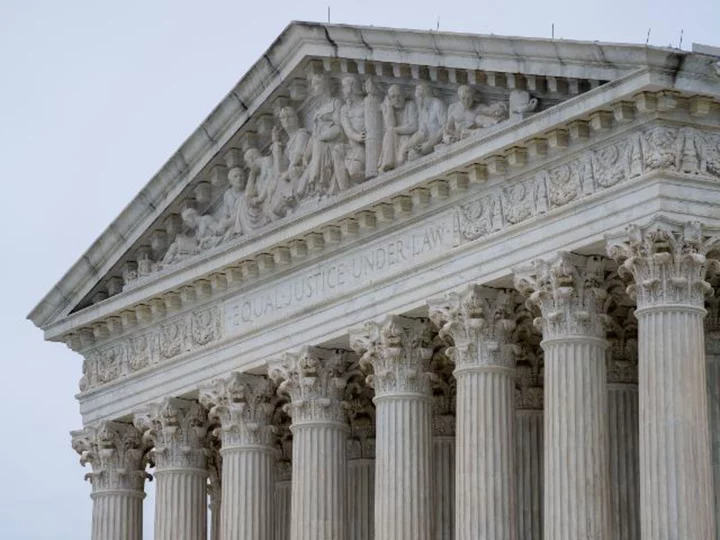The Supreme Court unanimously ruled against an Alabama fisherman convicted of stealing valuable information related to prime fishing locations, saying that when his trial was conducted in the wrong place, the proper fix was to retry the case in the correct venue.
The case was being watched at least in part because of questions about what might happen if federal criminal charges against former President Donald Trump were brought in what turned out to be an inappropriate forum.
Trump has been indicted in federal court in south Florida, which is seen as a more favorable forum for the former president compared to Washington, DC, where a grand jury had been hearing evidence in the classified documents case.
Timothy Smith is a computer scientist and avid fisherman who was convicted of theft of trade secrets for a scheme in which he hacked into a company's computers and then posted their data on social media. The company he hacked into sold the coordinates of private fishing reefs that other people had set up for a considerable amount of money, and Smith said he was posting the information to let those fisherman know the locations of their private reefs were being sold.
Smith tried to argue that historical precedent proved that venue was a prime concern for the framers of the Constitution because they included provisions in the Constitution itself and the Bill of Rights. As such, Smith argued that a violation of proper venue requires legal acquittal with no chance at a re-trial.
Article III mandates that "the trial of all crimes ... shall be held in the state" where a crime is committed, and the Sixth Amendment requires a "jury of the state and district wherein" the crime was committed.
The government, conversely, said that venue is merely a procedural requirement that implicates nothing more than the right to a new trial.
There is some concern that the court's ruling will allow prosecutors to pick where they want to try a case without any real fear that an error in venue would let defendant go free.

